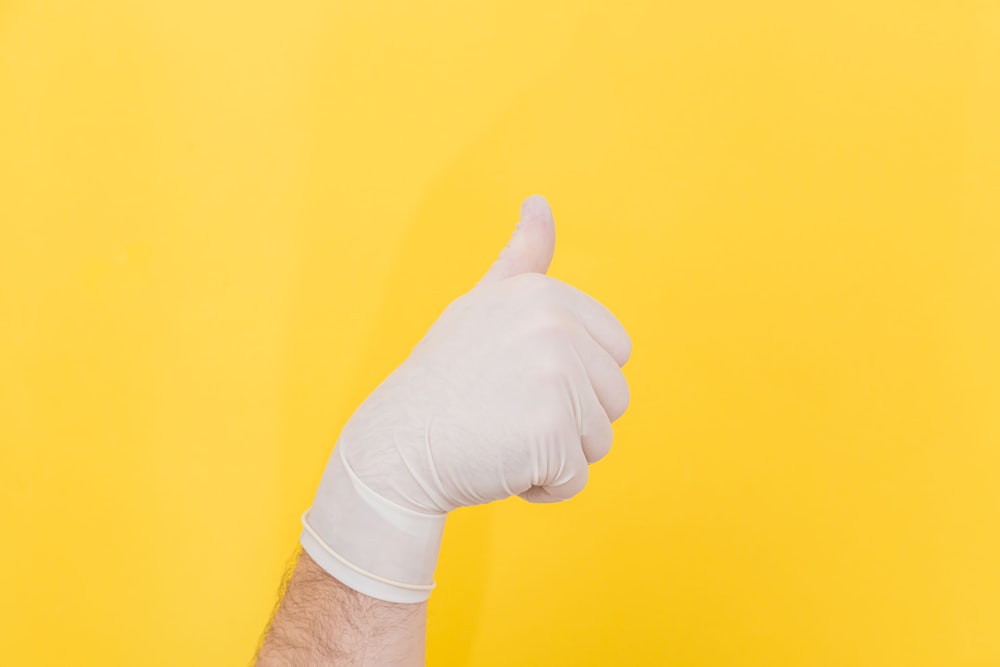Maximizing Efficiency: Essential Tips for Effective Office Housekeeping Practices
Creating a Clean Environment
Maintaining a clean and organized office environment is essential for promoting productivity, enhancing employee morale, and projecting a professional image to clients and visitors. Start by establishing a daily cleaning routine that includes tasks such as dusting, vacuuming, and disinfecting commonly used surfaces. Encourage employees to clean up after themselves and take responsibility for keeping their workspaces tidy.
Establishing Clear Guidelines
To ensure consistency and accountability in office housekeeping practices, it’s important to establish clear guidelines and expectations for employees. Develop a comprehensive office cleaning policy that outlines specific tasks, frequency of cleaning, and responsibilities for each team member. Communicate these guidelines effectively to all staff members and provide training as needed to ensure compliance.
Organizing Workspaces
A cluttered workspace can lead to decreased productivity and increased stress levels among employees. Encourage employees to declutter their desks regularly and organize their workspaces in a way that promotes efficiency and productivity. Provide storage solutions such as filing cabinets, shelves, and storage bins to help employees keep their desks tidy and organized.
Implementing a Paperless System
In today’s digital age, many office tasks can be performed electronically, reducing the need for paper-based documents and clutter. Implementing a paperless system for tasks such as document storage, communication, and collaboration can help streamline office operations and reduce the amount of paper waste generated. Encourage employees to utilize digital tools and platforms for tasks such as document sharing, e-signatures, and electronic filing.
Regular Maintenance of Equipment
Office equipment such as computers, printers, and copiers play a crucial role in daily operations, and regular maintenance is essential to ensure optimal performance and longevity. Develop a schedule for routine maintenance tasks such as cleaning, dusting, and software updates to keep equipment running smoothly. Encourage employees to report any issues or malfunctions promptly to prevent downtime and ensure timely repairs.
Promoting Hygiene and Wellness
Maintaining a clean and hygienic office environment is crucial for protecting the health and well-being of employees and visitors. Provide hand sanitizer stations throughout the office and encourage frequent hand washing to prevent the spread of germs and viruses. Regularly clean and disinfect commonly touched surfaces such as doorknobs, light switches, and shared equipment to minimize the risk of illness.
Encouraging Employee Participation
Effective office housekeeping practices require the participation and cooperation of all employees. Encourage staff members to take ownership of their workspace and contribute to maintaining a clean and organized office environment. Recognize and reward employees who demonstrate exceptional cleanliness and adherence to office housekeeping guidelines, and foster a culture of teamwork and accountability.
Investing in Professional Cleaning Services
While regular cleaning by employees is essential for day-to-day maintenance, investing in professional cleaning services can provide additional benefits and ensure a higher level of cleanliness and sanitation. Consider hiring a professional cleaning company to perform deep cleaning tasks such as carpet cleaning, window washing, and upholstery cleaning on a periodic basis. This can help maintain a clean and healthy work environment and extend the life of office furnishings and fixtures.
Monitoring and Evaluation
To ensure the effectiveness of office housekeeping practices, it’s important to monitor and evaluate their impact on a regular basis. Conduct periodic inspections of the office environment to assess cleanliness levels and identify areas for improvement. Solicit feedback from employees regarding their satisfaction with office cleanliness and use this information to make adjustments and enhancements as needed.
Continuous Improvement
Effective office housekeeping is an ongoing process that requires continuous improvement and adaptation to changing needs and circumstances. Stay informed about new cleaning products, technologies, and best practices in the industry, and be willing to implement changes to improve efficiency and effectiveness. By prioritizing cleanliness and organization in the workplace, you can create a positive and productive environment that supports the success of your business. Read more about office housekeeping











